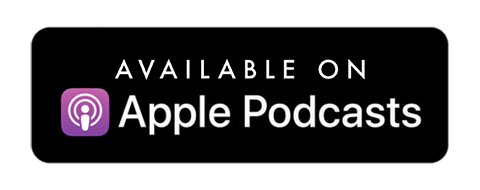07 May Being Well Podcast: Mailbag: Power in Relationships, Self-Worth, Motivation, and Personal Responsibility

On this episode of the Being Well Podcast, Forrest and Dr. Rick dive into the mailbag to answer questions from listeners. They explore age gaps and power in relationships, relating to people as ongoing processes, and avoiding having your personal growth practice turn you into a doormat.
You’ll learn how to develop authentic self-worth, how to allow both “positive” and “negative” motivations to pull you in a good direction, and how to balance determinism with personal responsibility. The episode closes with a question about supporting people trapped in dysfunctional family systems.
LISTEN
WATCH
Key Topics:
0:00: Introduction
1:15: Question 1: I feel like my personal growth practice is causing others to take advantage of me. What can I do?
8:55: Question 2: Do age gaps in relationships matter?
19:55: Relating to others as ongoing processes
22:40: Question 3: Given all the things we don’t control, how responsible is anyone for their behavior?
28:30: Thinking in terms of plausible ranges of outcomes
33:20: Question 4: How can I learn to accept myself and improve my self-worth?
41:50: Question 5: I can’t tell if I’m motivated by “good” desires…or just my fear of never measuring up.
49:00: What comes along with challenging experiences
54:15: Question 6: How can an older sibling help a younger sibling in a dysfunctional family system?
1:04:50: Recap
Support the Podcast
We’re now on Patreon! If you’d like to support the Being Well podcast, follow this link.
NEW Offering from Rick! Join Rick and 5 world-renowned teachers – including Dr. Gabor Mate, Tara Brach, and Thupten Jinpa – for The Heart of Compassion, a 5-week online program that will teach you how to access, grow, and apply compassion. Head to rickhanson.net/hoc to learn more, and use code BEINGWELL10 for 10% off.
Sponsors:
Zocdoc helps you find expert doctors and medical professionals that specialize in the care you need, and deliver the type of experience you want. Head to zocdoc.com/being and download the Zocdoc app for FREE. Then find and book a top-rated doctor today.
Finally get that project off the ground with Squarespace! Head to squarespace.com/beingwell for a free trial, and when you’re ready to launch use coupon code BEINGWELL to save 10% off your first purchase of a website or domain.
Join over a million people using BetterHelp, the world’s largest online counseling platform. Visit betterhelp.com/beingwell for 10% off your first month!
Want to sleep better? Try the Calm app! Visit calm.com/beingwell for 40% off a premium subscription.
Connect with the show:






